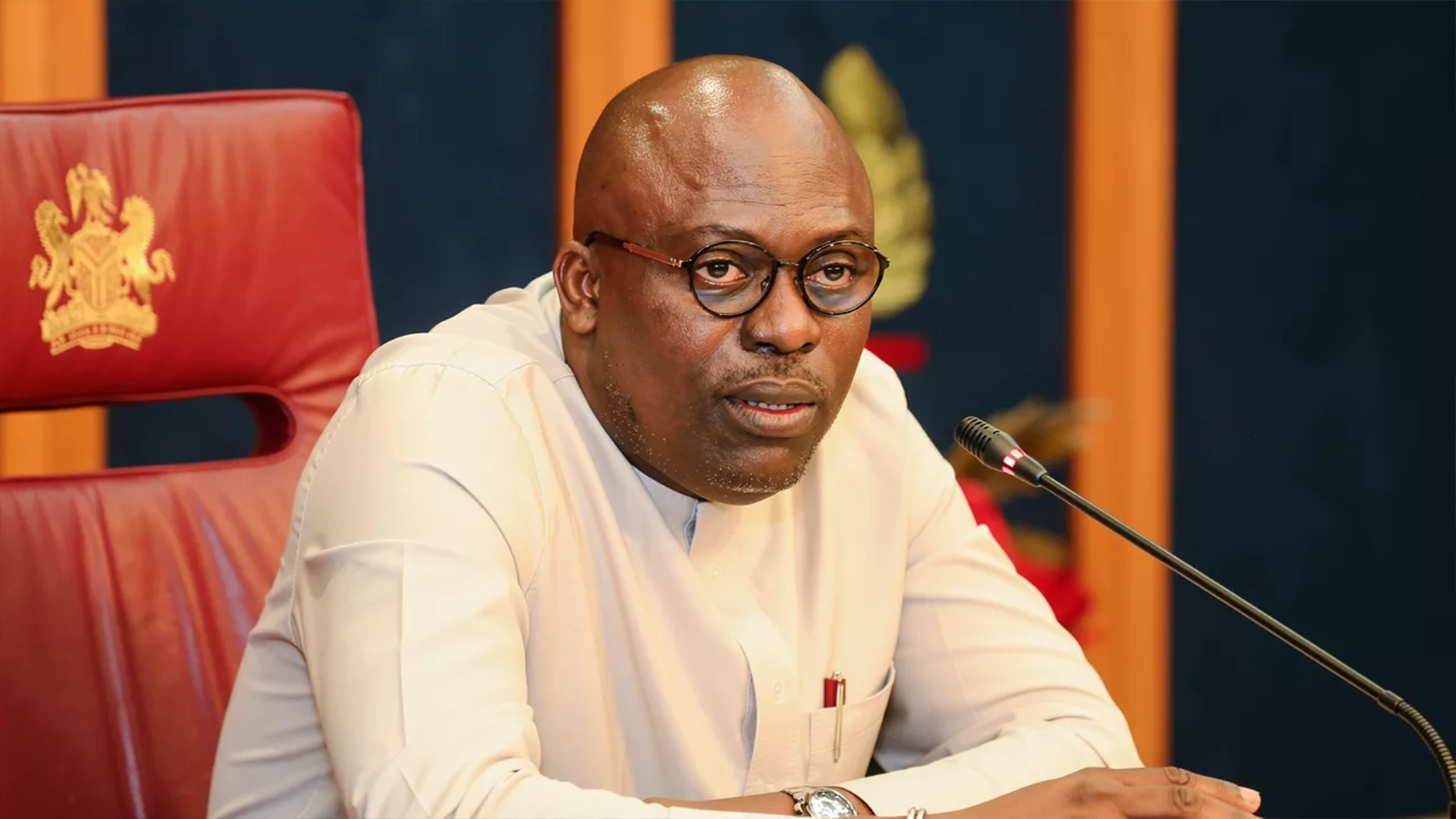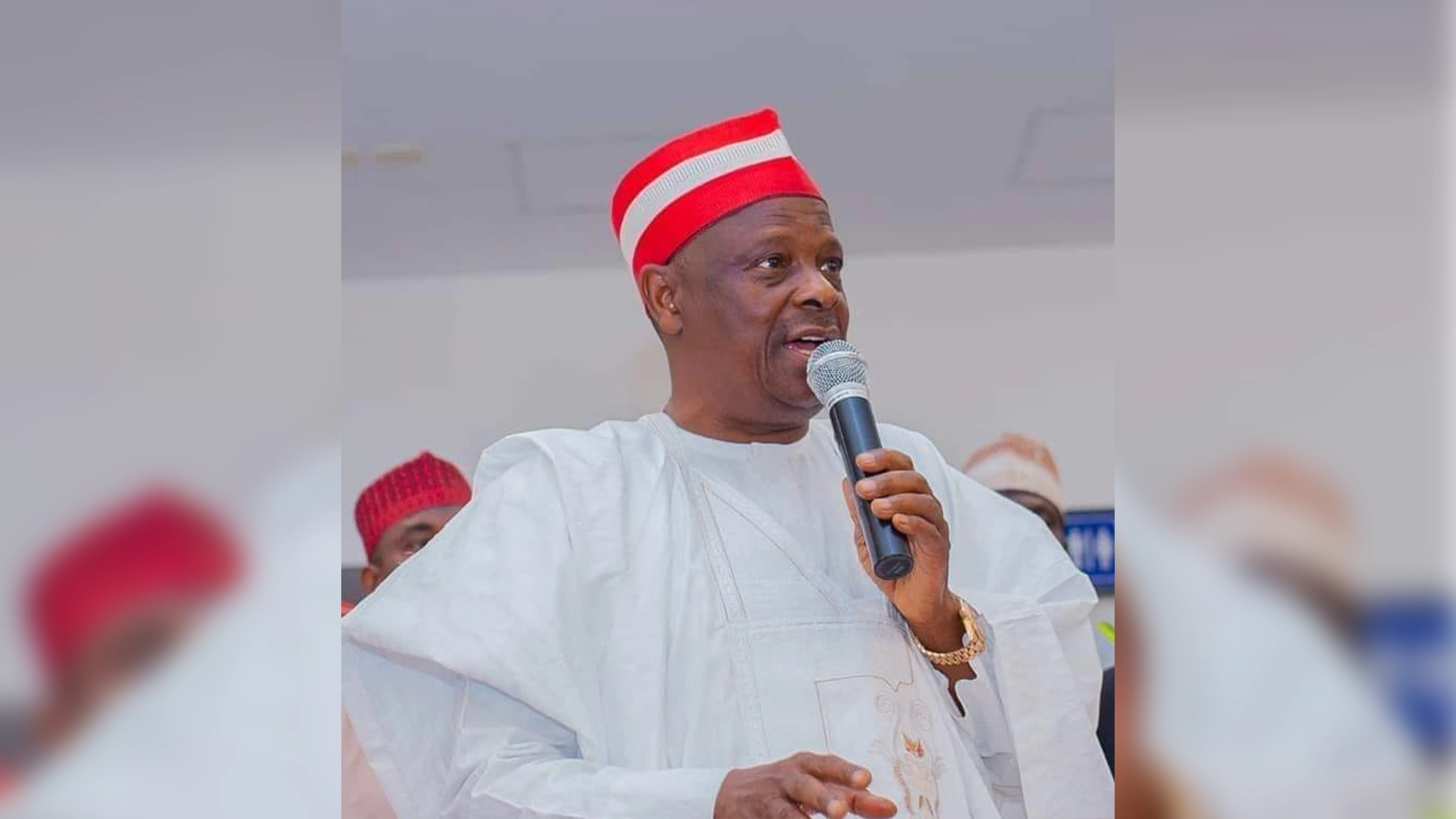
The National Assembly’s 2024 performance in addressing Nigeria’s social, economic and political challenges was far from impressive. And with less than two per cent of its bills becoming laws and crucial legislations pushed to 2025, it raises concerns about the 10th Assembly’s fidelity to the urgency of proper representation of the masses, AZIMAZI MOMOH JIMOH reports.
Across the globe, parliaments are judged by the impact of their legislation on governance, particularly in terms of security, economic well-being, and citizens’ standard of living.
Going by the quality of bills, motions and resolutions taken in 2024, the National Assembly has not been outstanding, as evident in the number of bills that have become laws and their implications on people’s welfare.
As we proceed into the 2025 legislative year and as initial preparations for the 2027 general elections gather momentum, analysts are worried that political distractions may further weaken the performance of the National Assembly.
The year 2025 will present very tough legislative responsibilities for the two chambers of the National Assembly, especially because many of the issues that were supposed to have been treated in previous years could not be concluded and are being brought forward into the New Year.
Specifically, since June 2023, when the 10th National Assembly was inaugurated, less than two per cent of its bills have become laws. This development has attracted concerns from keen observers of legislative activities in the country.
In the Senate, 32 of over 520 bills have been passed, just as the House of Representatives passed 243 of over 1200 bills within the period. However, 60 per cent of these bills, it was further learnt, were recycled from previous Sessions, including the Ninth Assembly.
Stakeholders, including civil society organisations (CSOs), have been speaking on factors that caused the failure of most legislative bills to become laws.
The Civil Society Legislative Advocacy Centre (CISLAC) cited the issue of research and legislative competence, which he noted many lawmakers need to take more seriously.
The Executive Director of CISLAC, Auwal Musa Rafsanjani, told The Guardian, “Scholars of legislative studies are unanimous that a greater percentage of Nigerian lawmakers do not have a sound knowledge of the subject matter before undergoing the legislative process and do not consult competent consultants or departments that can assist in developing credible legislative proposals.”
He said the problem originates from conceptualising the legislative intervention or policy formulation when the sponsor of a given Bill conceives an idea of a particular legislative proposal.
“Ideally, the lawmaker is expected to consider the propriety of the subject matter for legislative proposal, whether the proposal is within the limits of National Assembly’s legislative powers (that is, under the Exclusive or Concurrent legislative list in the Constitution) that empowers the National Assembly or State Houses of Assembly to legislate on certain items. Whether the proposal conforms to the Constitution of the Federal Republic of Nigeria or not,” he stated.
The majority leader of the Senate, Opeyemi Bamidele, who admitted that the National Assembly has not measured up to expectations regarding the volume of work yet to be attended to, confirmed that the nation’s apex legislative body had given itself a wake-up call.
He said: “We recognise that many unfinished tasks are pending before the two chambers of the National Assembly. However, consistent with the principles of rational choice, we address each task according to national priority or significance.
“Consequently, the new few weeks will be devoted to the scrutiny of the Appropriation Bill, 2025; Tax Reform Bills, 2024; investigation of economic sabotage in the petroleum industry, amendment of the Constitution of the Federal Republic of Nigeria, 1999 (as amended) and key economic reform initiatives that have been in the pipeline to open up Nigeria for real businesses that will throw up limitless opportunities,” Bamidele added.
The disclosure by the Senate at the weekend that joint Committees of the two chambers would start meeting with Ministries, Departments and Agencies (MDAs) on January 7 to work on the budget proposal revealed the pressure on the National Assembly to perhaps process and pass the 2025 budget hastily.
However, the hasty processing of budgets has produced serious issues that affected the credibility and fidelity of the budget. Many Nigerians will not forget the controversy about budget padding and its effect on the credibility of the National Assembly in a hurry.
By that law, the actual budget processing ought to have commenced at the end of August with the budget framework and concluded on time to allow the President to present the Budget proposal before the end of September.
Also, the four tax reform bills will continue to dominate the legislative space in the National Assembly in the early weeks of 2025 since they couldn’t secure support from the legislature in 2024.
Another critical legislative bill that has become a victim of “unfinished business” and yet to become law is the Inflation Reduction Fund Bill sponsored by Senator Mukhail Abiru, a former banker now representing Lagos East Senatorial District.
There is also the bill seeking to create a legal framework for transactions between large corporations and Micro, Small, and Medium Enterprises. The proposed legislation titled “Factoring Assignments and Receivables Financing Bill 2023” aims to promote transparency, certainty, and adequate protection for both creditors and debtors, ultimately enhancing access to capital and credit.
There is also the National Food Bank (Establishment) Bill, 2024, sponsored by Senator Kalu Orji Uzor, which seeks to establish a specialised bank to ensure food security in the country. Similarly, the fate of this bill is hanging as necessary legislative machinery is yet to be thoughtfully deployed towards its passage.
Others are the Development Planning and Project Continuity Bill, 2023, sponsored by Senator Barau Jibrin; National Roads Fund Bill, 2023, Senator Ndubueze Patrick Chiwuba; Agricultural Research Council of Nigeria Act (Amendment) Bill 2023, sponsored by Senator Aliu Wadada.
The ongoing review of the Constitution is another issue that puts lawmakers under immense pressure. Concerned lawyers, CSOs and statesmen have argued that the perennial exercise of alterations to the constitution had amounted to a mere waste of resources since the National Assembly had failed to achieve a comprehensive review.
Issues such as the rejig of the nation’s security architecture in the form of the creation of state police, local government autonomy, and state creation are among several demands the National Assembly has not been able to resolve.
Lamenting the failure to achieve meaningful amendments to the Constitution, the Human and Environmental Development Agenda (HEDA) has said that corruption and related problems are getting worse because of the failure to remove and alter impediments in the Constitution against the anti-corruption fight.
HEDA’s Executive Secretary, Sulaimon Arigbabu, had said: “Corruption is Nigeria’s issue and the root of the country’s problem. We are in dire need of a constitutional review. Many things happen because of lacunas in the Constitution.
“All agencies are hindered by one thing or another in that constitution. There are not enough provisions in the constitution to help reduce corruption. Unfortunately, those saddled with the power to help make this happen are using it to aid corruption rather than abate it.”
Arigbabu lamented, “Some of the people whose corrupt cases were reported in the past have found their way into high offices in the country. Some have become governors, some have been appointed in high places, and these often happen because Nigerians tend to forget.”
Also reacting, the Human Rights Writers Association of Nigeria (HURIWA) believes that the disagreement between the National Assembly and State Assemblies on some areas of the amendments arose from the failure of the National Assembly to display responsive leadership.
It tasked Nigerians to demand that the National Assembly deliver on its assignment and give Nigeria an altered constitution for which billions of taxpayer money have been sunk.
HURIWA’s National Coordinator, Emmanuel Onwubiko, explained that the discord showed the lack of seamless dialogue and partnership between the National Assembly and the State Assemblies.
“If the leadership of the National Assembly has been very effective and efficient over the last four years, it would have been so easy for both sets of legislators to have a meeting point and hammer out their differences.”






